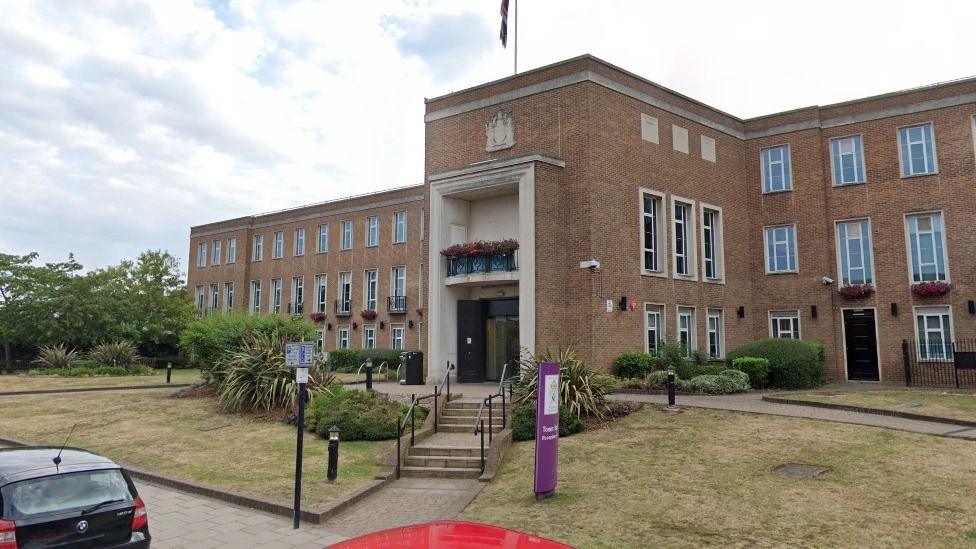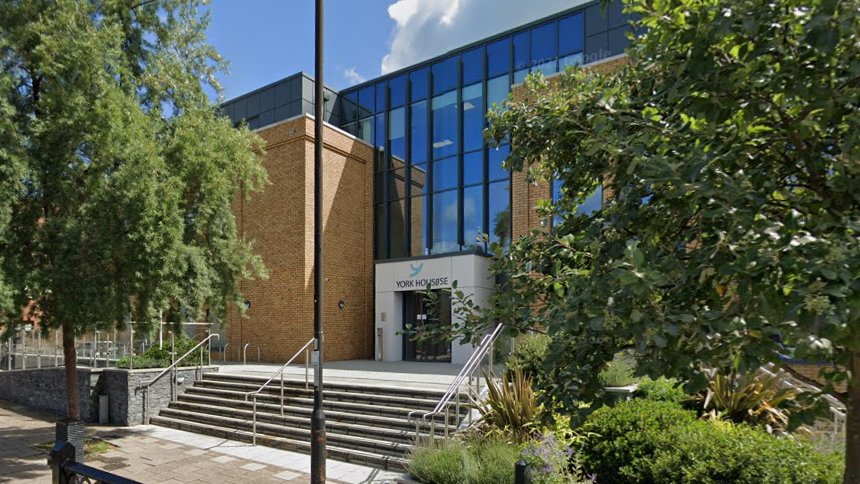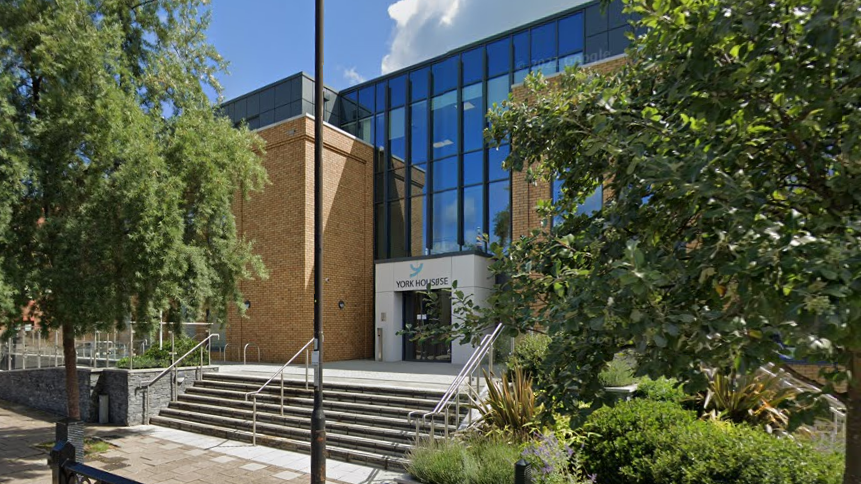Temporary housing strategy approved by council

Royal Borough of Windsor and Maidenhead faces a £2.4m shortfall in its temporary accommodation budget
- Published
A new strategy to reduce the costs of providing temporary housing accommodation has been agreed by a council.
Royal Borough of Windsor and Maidenhead (RBWM) spent more than £6m on procuring temporary accommodation, with grants and rental income only covering some £2.4m of the costs.
The new strategy is aimed at making temporary accommodation more effective, with a new hostel redevelopment and 32 additional social units also nearing completion.
Cabinet member for housing on the Liberal Democrat-run council, Catherine Del Campo, said it would have to "make tough decisions".
RBWM offers temporary accommodation options to fulfil its homelessness commitments. These include bed and breakfasts, hostels, and hotels but also long-term options in the private rented sector.
Across the UK, the use of temporary accommodation increased by 15% in the two years up to March 2025.
The Royal Borough's use was more than three times higher - reaching 46%.
Ms Del Campo said: "We really need to get a handle on prevention first of all, making sure that households don't reach the point of needing temporary accommodation.
"We will have to make tough decisions where we no longer owe a duty of care to residents in temporary accommodation.
"But my hope is that a proactive prevention approach and support into the private sector, we can minimise the risk of that occurring."
'Vulnerable families'
Conservative opposition councillor Sally Coneron said the crisis had occurred "despite clear signs of rising demand and cost pressures".
"It looks like reactive government, not proactive leadership and vulnerable families are paying the price for the delay," she said.
Ms Del Campo said the authority had been "too dependant" on house placements.
These offer flexibility as they can be booked on the day, but have a high nightly rate.
The 2025-2028 strategy includes three focus areas - demand, supply and infrastructure.
RBWM is continuing work on the John West House hostel redevelopment, due to offer seven rough sleeper units and up to 12 emergency units for homeless people.
Plans for 32 additional social units as part of the Sawyers Close development in Windsor were also approved in 2023. The first completed new homes are expected in 2026.
Get in touch
Do you have a story BBC Berkshire should cover?
You can follow BBC Berkshire on Facebook, external, X, external, or Instagram, external.
Related topics
- Published6 March

- Published3 October 2024
